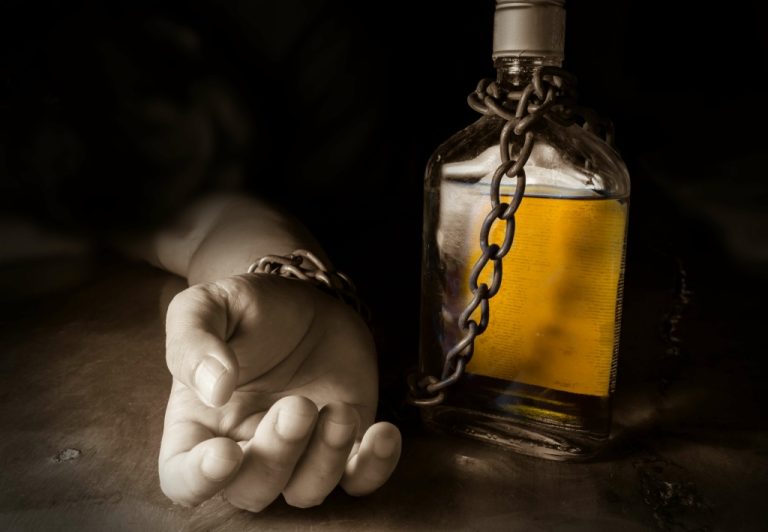Content
Lead case planners should periodically check in with the person and their support system to adjust the plan as necessary. This could include developing new goals or adding new coping skills. It happens in definable, recognizable and preventable stages with telltale emotional patterns and other indicators.
A denied user is in chronic mental relapse and at high-risk for future relapse. Clinical experience has shown that everyone in early recovery is a denied user. The goal is to help individuals move from denied users to non-users.
Why is a Relapse Prevention Plan Important in Recovery?
A common question about honesty is how honest should a person be when dealing with past lies. The general answer is that honesty is always preferable, except where it may harm others . Emotionally, I will work toward being more aware of my own feelings and needs and take time to “check” myself throughout the day. I will join a gym and plan to exercise three times per week.
Recovery is best thought of as a process or lifestyle, rather than a goal. Relapse is, unfortunately, part of many recovery journeys, but there are proven methods for avoiding it. Relapse prevention plans give the patient some protection in early recovery.
Create an Action Plan
Self-care is difficult because recovering individuals tend to be hard on themselves . Self-care is especially difficult for adult children of addicts . There is one benefit of self-help groups that deserves special attention. They can be obstacles to recovery, because individuals may feel that they have been damaged by their addiction and they don’t deserve recovery or happiness. Clinical experience has shown that self-help groups help individuals overcome their guilt and shame of addiction by seeing that they are not alone.

While relapse is a normal part of addiction, it is preventable with the right planning structure in place as someone is nearing their release from jail or prison. If you’re not sure how to move through the recovery process, follow one of the relapse prevention plan models that are available. Substance abuse and mental health expert Terry Gorski has a nine-step relapse prevention plan that can help you recognize and manage relapse warning signs. Alan Marlatt, PhD, developed an approach that uses mental, behavioral, and lifestyle choices to prevent relapse. A relapse prevention plan is a set of coping strategies designed to help people stay sober. It typically includes identifying triggers and high-risk situations, avoiding these triggers, and developing healthy coping mechanisms for dealing with cravings and stress.
Support Our Mission
This indicates that your body has recovered from the drug use, your brain has returned to normal functioning, and you no longer have the tolerance that you used to. Relapsing to your drug of choice, even in a moderate relapse prevention plan amount, then, can carry great risk for overdose. If you can get over this hump, you’re less likely to relapse. Overall, you should come up with things to do for 30 minutes to distract yourself from these cravings.
What is the best way to prevent relapse?
- Stay Active in Your Recovery Network.
- Be Aware of Your Personal Triggers.
- Take Good Care of Yourself Physically.
- Practice the Art of Letting Go.
- Find a Higher Purpose to Live for.
These thoughts can lead to anxiety, resentments, stress, and depression, all of which can lead to relapse. Cognitive therapy and mind-body relaxation help break old habits and retrain neural circuits to create new, healthier https://ecosoberhouse.com/ ways of thinking . Clinical experience has shown that occasional thoughts of using need to be normalized in therapy. They do not mean the individual will relapse or that they are doing a poor job of recovery.

